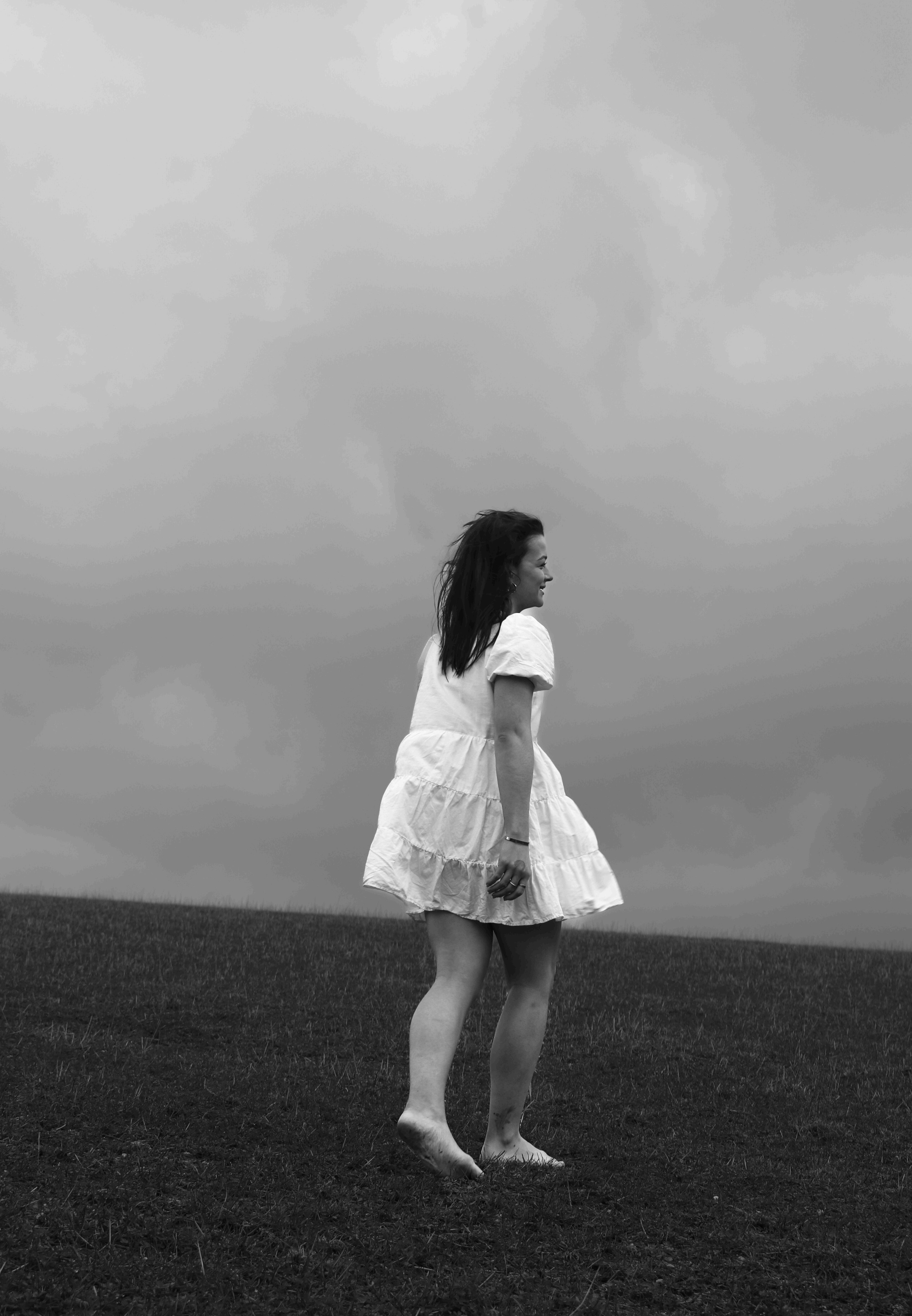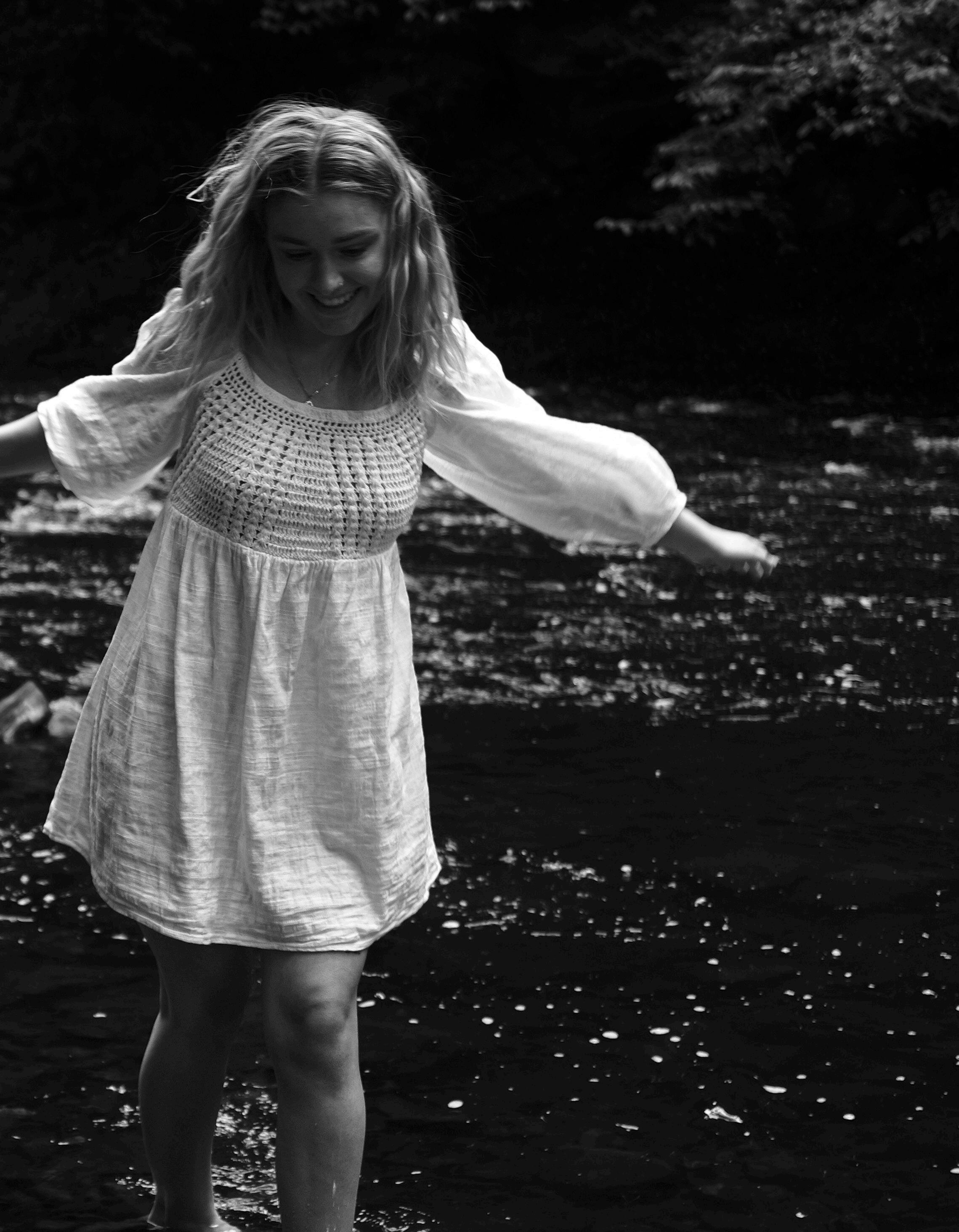
2 minute read
eco anxiety
by Hannah Wigglesworth
‘Eco Anxiety’ - The fear of environmental disaster. It weighs extremely heavily on the shoulders of many young people - It sure does for me.
Advertisement
I hate to be all doom and gloom, but the climate crisis is taking a toll on people and their mental health, especially those of the next generation. The effects of our warming planet, mean that a lot of people feel helpless with around 77% of students saying that thinking about climate change makes them anxious - found through research by Global Action Plan in 2020.
I for one constantly feel overwhelmed and helpless in the face of the climate crisis – scared about my future, angry at those who refuse to do their part. I can’t count the times I have spoken with my parents about the state of the world with tears in my eyes – don’t worry my parents feel the same way as I do. Often, it feels as though I am filled with the fear that many adults and people in power, simply do not care. It’s difficult to not feel helpless, it sometimes feels like there is nothing I can do to stop the world from being damaged beyond repair.
Though it may seem like there is no way to ‘cure’ Eco Anxiety, (which fair enough, might be true) feeling this emotion is actually a very mature mindset to have. Bear with me on this one. Feeling this way about the climate crisis shows that you are aware of the situation and not ignorant of the damage we have done to our home. Although it’s no picnic, it’s a sign that you are willing to face the facts and the painful truth. Rather than push these feelings away, try and recognise them as completely reasonable – in fact I’d be quite worried if you weren’t concerned in any way about the future of our planet.
It may be beneficial to take on the mindset of knowing that you are doing the best you can. I know it may seem like silly advice but it sometimes alleviates my worries for a while when I reassure myself of what I am doing for the Earth. Sometimes I get a little bit of scrap paper, maybe the back of the envelope your birthday card from your second cousin, however many times removed came in, and I write a list of the little things I do or have changed in my life that are beneficial to the environment. So just to give you a little help, my list often looks like this:
1. I use refillable, compostable, non-plastic deodorant
2. My dish sponge is washable – I don’t throw out a scraggily looking sponge every few weeks
3. I have a refillable soap dispenser which I refill as and when needed at a zero-waste shop
4. I use reusable cotton pads which my talented auntie made for me
5. I have an array of reusable straws in my kitchen drawer
6. I try my best to keep a selection of bags in the back of my car for my food shops
7. I shop for clothes in charity shops and second-hand shops as much as I can
Now that’s not a lot, however it is so much better than doing nothing. And if it both reassures me that I’m trying and motivates me to do even more, then I say no harm done. The fact that I haven’t bought a plastic or aerosol deodorant in over two years, it does make me feel a bit better.
At the end of the day, you don’t have to listen to me or any of the other amazing people who have helped me create this publication, but if you do take any of this in and make little changes in your everyday life, I can’t thank you enough :)

I'd like to say thank you to those who have helped me create The Weight of The World, Synne Steinsli, Georgie Reid, Maff Punton and the team at Heima. I'd also like to thank all those who have modelled for my photoshoots, Emily Rowlands, Catherine Jacobs and Eloise McQuire.








